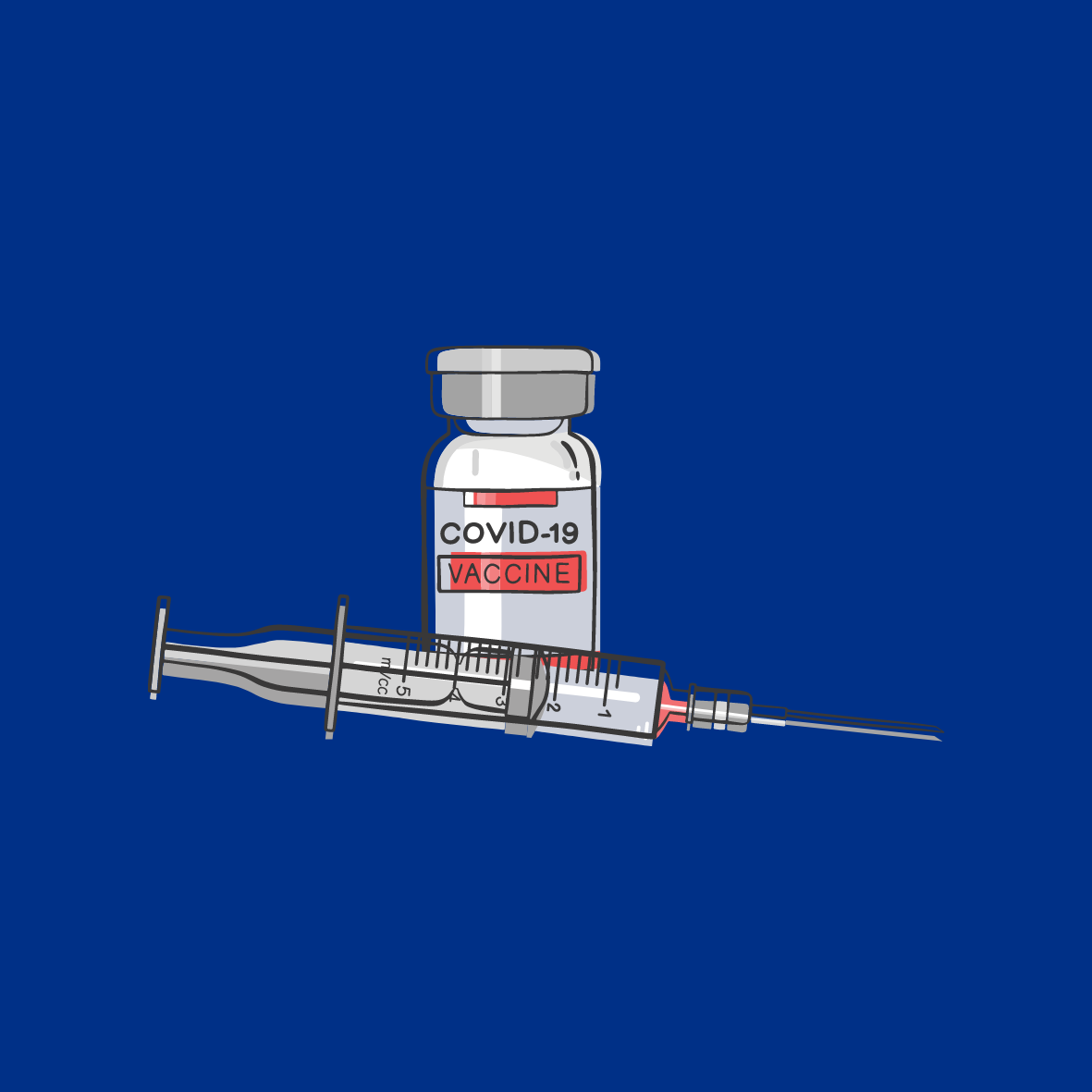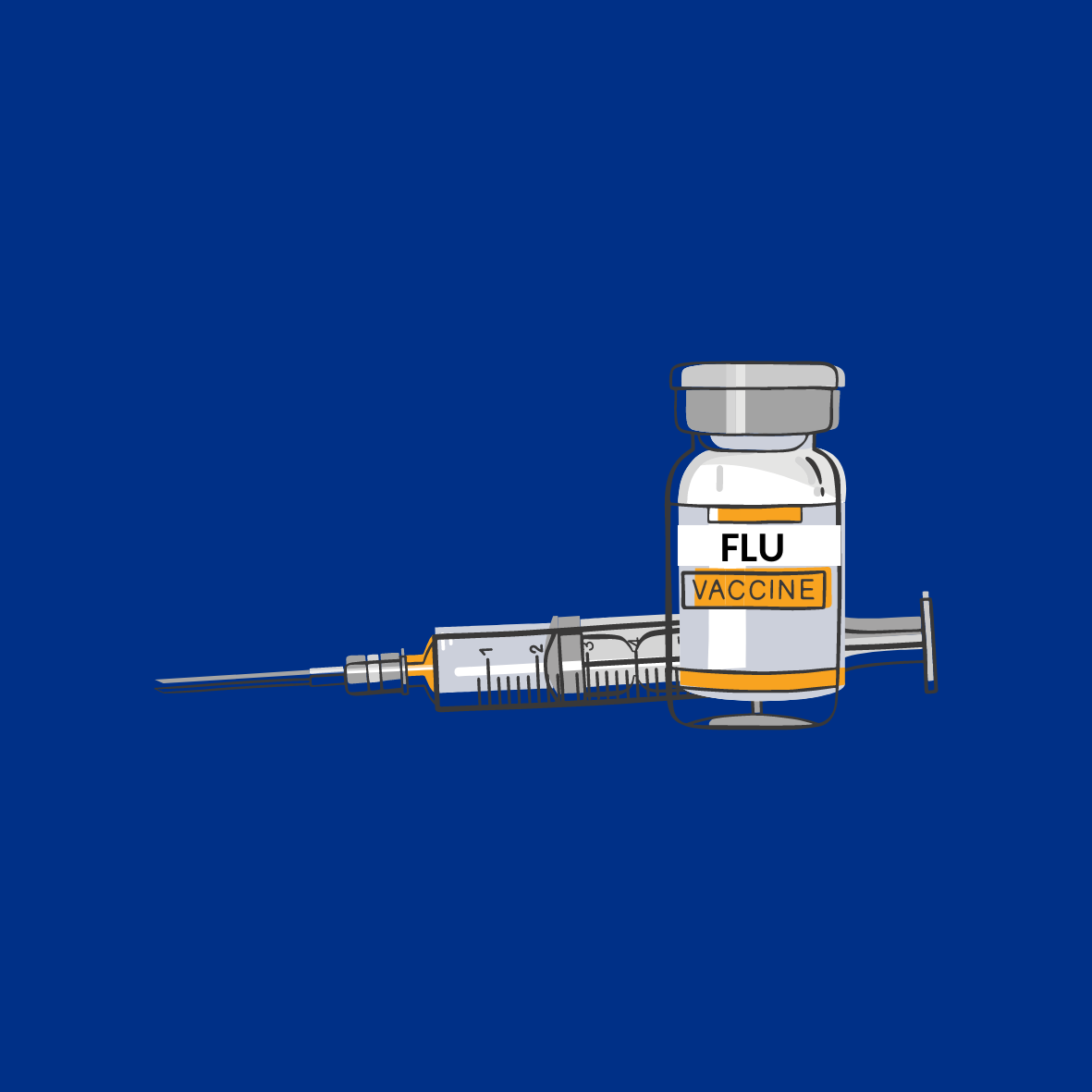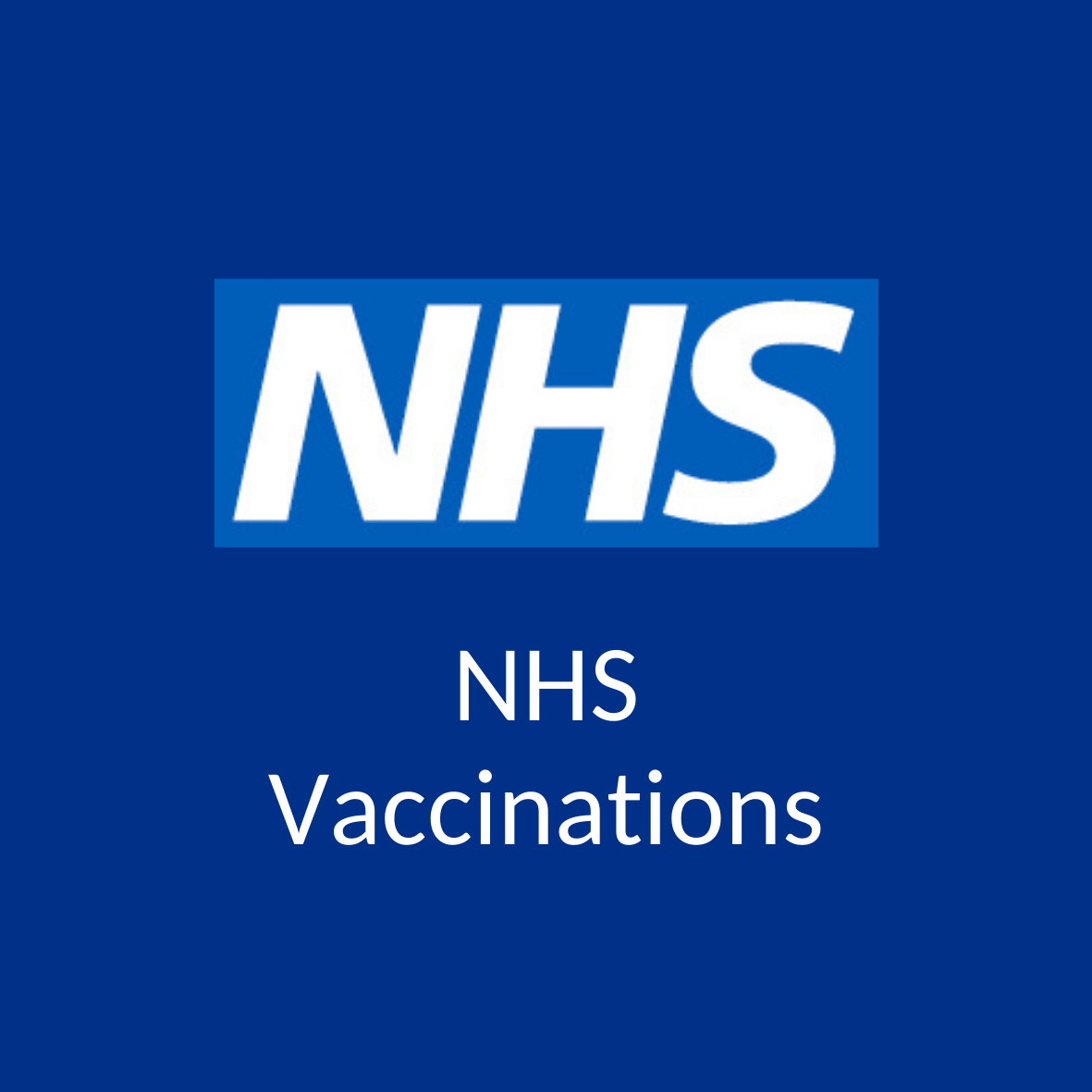Covid/Flu Vaccination Clinics Autumn Winter 2025/26
Covid Vaccinations
Our Autumn Winter 2025/26 Campaign finished at the end of January.
We remain open as an interim vaccination clinic for patients that are newly immunosuppressed and require vaccination. Requests should come directly from either a hospital, ICB or GP.
Last Updated 2nd February 2026
Flu Vaccinations
Flu vaccines will continue to be offered until the end of March 2026 to:
- Pregnant Women
- Primary and Secondary School aged children – to be done at school with the school aged immunisation teams
- Pre-school children aged 2-3years old (DOB between – 01/09/2021 and 31/08/2023
- Children in clinical risk groups aged 6 months – 18 Years
- All Adults aged 65 years and over
- Patients who are 18 years old – 64 Years old who are in a clinical risk group and/or immunosuppressed
- Residents in long term residential care homes
- Carers who are in receipt of a carer’s allowance, or who are the main carer of an older or disabled person whose welfare may be at risk
- Household contacts of immunosuppressed individuals
- Frontline health and social care workers both clinical and non-clinical who have contact with patients/service users including those who work in a nursing home/residential home.
Last Updated: 2nd February 2026
Respiratory Syncytial Virus (RSV) What Is It?
RSV vaccines will continue to be offered until the end of March 2026:
RSV is an infectious disease of the airways and lungs. RSV infection often causes symptoms similar to a cold, including: cough, sore throat, sneezing, a runny or blocked nose. It can also make you become wheezy or short of breath and lead to pneumonia and other life-threatening conditions. There is no specific treatment, and most infections will get better by themselves. Every year thousands of older adults need hospital care for RSV, and some of them will die. RSV can be more severe in people with medical conditions such as heart or lung disease or a weakened immune system.
The RSV vaccine is recommended if:
- you're pregnant – the vaccine is recommended during every pregnancy (from 28 weeks onwards) to help protect your baby after they're born
- you're aged 75 to 79
You can find out more by clicking on this link: RSV vaccine for adults (publishing.service.gov.uk)
Last Updated: 2nd February 2026
Page created: 22 December 2023


